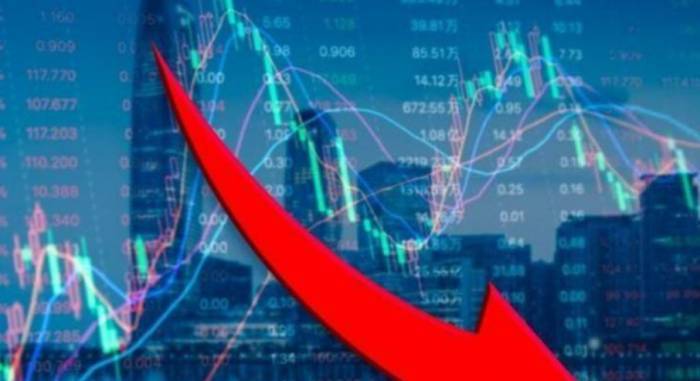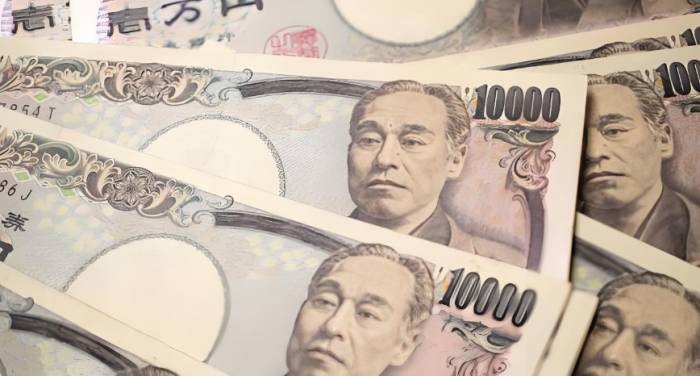The semiconductor industry has seen a surge in stock prices in the U.S., largely fueled by the recent quarterly report released by TSMC, a leading player in the semiconductor sector. This significant financial performance has not only boosted TSMC's stock price—rising over 13% during trading and closing with a 9.79% increase, marking a stock price of $205.84— but it has also elevated its market capitalization to a staggering $1.07 trillion. This puts TSMC ahead of Berkshire Hathaway, which is managed by renowned investor Warren Buffett, making it the eighth-largest company globally in terms of market capitalization, trailing only tech giants like Apple, NVIDIA, Microsoft, Google, Amazon, Saudi Aramco, and Meta.
However, this positive momentum comes on the heels of mixed reactions within the semiconductor industry. Earlier on October 15th, ASML, a key supplier of photolithography equipment, reported disappointing third-quarter earnings that fell short of analyst expectations, recording only half of what was estimated in terms of orders. This news tempered the industry's outlook temporarily. Yet, TSMC's encouraging quarterly results reignited optimism and confidence in the sector's potential growth.
According to TSMC's financial report, the company achieved consolidated revenue of $23.504 billion in the third quarter, representing a remarkable year-on-year growth of 39.0%. Similarly, net profits soared to $10.058 billion, reflecting a robust increase of 54.2% compared to the same period last year. Looking ahead, TSMC projects fourth-quarter sales to fall between $26.1 billion and $26.9 billion, which at the midpoint signifies a significant year-on-year growth of 35%. The company also anticipates a gross margin ranging from 57% to 59%, potentially exceeding the 57.8% margin achieved in the third quarter. Overall, TSMC is expecting its sales in dollar terms to rise nearly 30% for the year.
A notable highlight from TSMC's report was the increasing contribution from advanced process technologies. In the third quarter, revenues from products utilizing 3nm technology accounted for 20% of total wafer revenue. Meanwhile, products utilizing 7nm and below technologies represented 69% of total wafer revenue, indicating a solid uptick from 67% and 65% in the previous two quarters. This upward trend in demand is heavily driven by sectors such as mobile devices and artificial intelligence (AI), which are showcasing a relentless appetite for cutting-edge manufacturing processes.
Moreover, TSMC indicated a sustained robust demand for AI technologies, noting that both AI-related and smartphone segment demand were critical in driving revenue during the third quarter. When questioned about potential bubbles in the AI market, TSMC's management confidently stated that the demand is genuine and that the growth has only just begun. According to one of their clients, the current demand levels are described as "crazy," which serves to underline the fervor surrounding AI applications. TSMC anticipates that revenue from AI server processors will triple this year, showcasing the sector's explosive growth potential.
This positive performance from TSMC has sparked investor interest in NVIDIA as well, with the latter's stock rising over 3% during trading on the same day, even hitting an all-time high of $140.89 per share at one point. By the end of trading, NVIDIA's stock settled with a more modest gain of 0.89%. Both NVIDIA and TSMC stand at the forefront of the AI chip market, their collaboration becoming more crucial as they aim to navigate the changing landscape of the technology sector together. The successful production and delivery of NVIDIA's Blackwell architecture chips will be vital for both companies' performances moving forward, with production ramp-up scheduled for the fourth quarter.
However, recent reports indicate that the partnership between these chip-making allies is under increasing performance pressure due to heightened AI chip demand. After setbacks in the production of NVIDIA's Blackwell chips, TSMC has been working diligently to expand its capabilities in the latest chip packaging technologies to meet NVIDIA's needs. However, challenges remain in scaling up production capacity. During a technology conference hosted by Goldman Sachs in San Francisco on September 11, NVIDIA CEO Jensen Huang acknowledged TSMC's excellence as a reason for their partnership but indicated that they could explore other options if necessary.
In response to the strong demand signals from clients, TSMC has committed to increasing its capital expenditures. During the earnings call, the company’s management detailed that, due to the robust structural demand from artificial intelligence, TSMC plans to invest more than $30 billion in capital expenditures for 2024. They attribute this elevated spending to the high growth opportunities expected in the coming years, emphasizing that they will continue to invest as long as strong growth prospects remain.
The landscape of the semiconductor industry is inextricably linked to advancements in technology, particularly with the exponential growth of AI and mobile devices. As TSMC and NVIDIA adjust to these dynamics, their strategic decisions will not only influence their own trajectories but also reverberate throughout the entire technology ecosystem. This moment in the semiconductor narrative exemplifies how responsive adaptation to changing market needs can yield substantial rewards, provided the right collaborations and investments are made.
Ultimately, amid a backdrop of rapid technological evolution and intense competition, companies like TSMC and NVIDIA are poised to play pivotal roles in shaping the future of the semiconductor industry. They embody the convergence of innovation and demand, pushing the boundaries of what is possible in the tech world. The coming months will likely reveal how well these firms can navigate the challenges ahead, and their successes or setbacks could have lasting implications for the broader market.






























Comments (0)
Leave a Comment